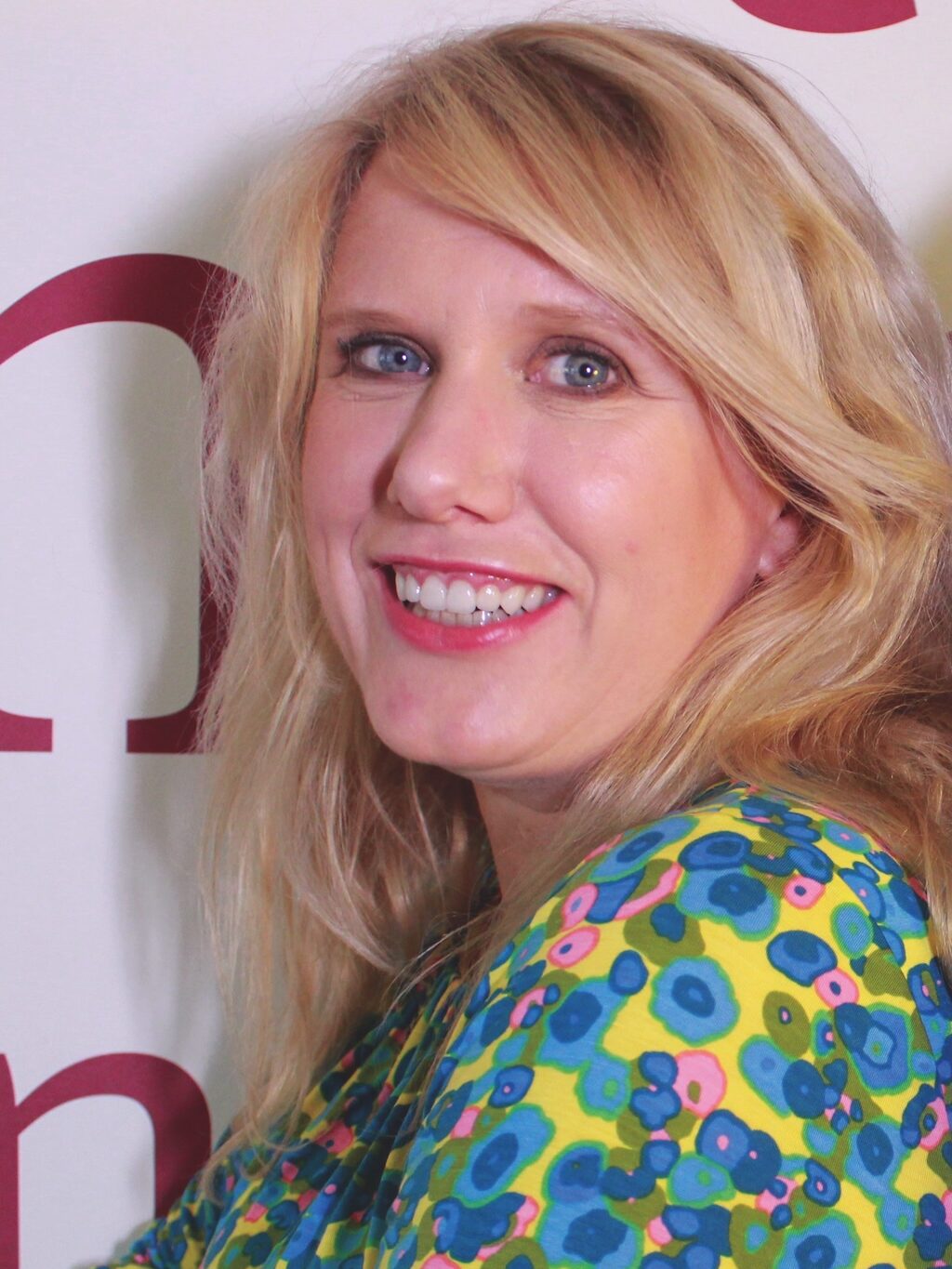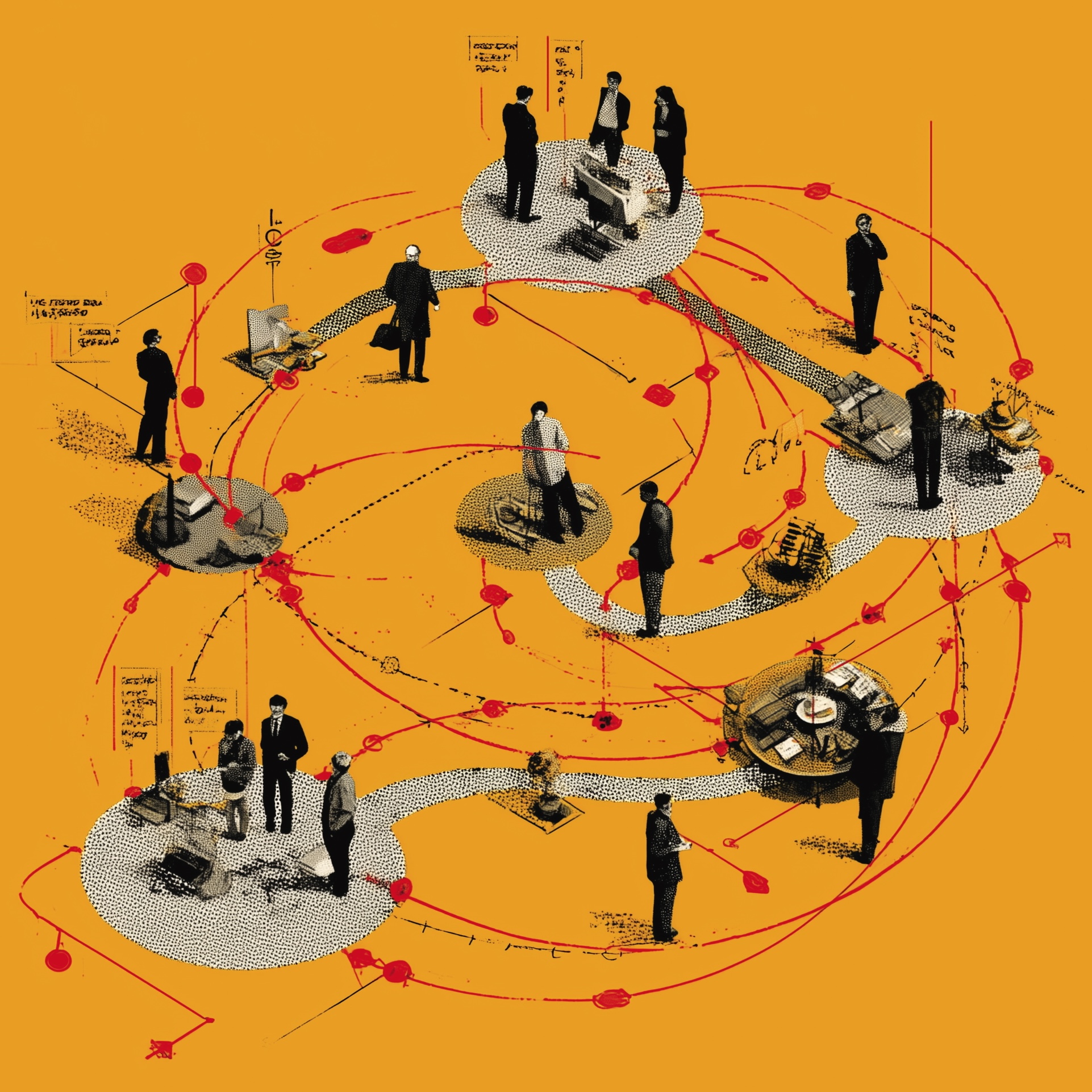“We waste so much money trying to implement something that doesn’t work.”

Rebecca Howard, ShinyMind
“Where innovation sometimes goes wrong is that it isn’t co-designed,” explains Rebecca Howard, psychologist and founder of Shiny Mind, a digital mental health and wellbeing programme developed with the NHS. “I think we cut out co-design because it’s expensive, but we waste so much money trying to implement something that doesn’t work.
“Co-design with patients and clinicians is laborious, time-consuming, and you’ve got to absolutely be open to the fact that what you think is right could be complete rubbish,” she adds.
Originally developed to support NHS staff, Shiny Mind is now being prescribed for patients with anxiety and depression by GPs in Bedford, Luton and Milton Keynes. “They had a group of passionate clinicians who had used Shiny Mind for their own mental health and could see it would support their patients,” explains Howard.
Billed as “a hug in an app”, Shiny Mind offers range of wellbeing tools and masterclasses as an alternative to conventional treatments like in-person therapy and medication. There are separate editions for patients and NHS staff, and a new version for nursing and midwifery students has just been launched.
After retraining as a psychotherapist, former marketing executive Howard became interested in how therapy could be used in “a preventative, proactive way” rather than waiting until “people are falling down”. With initial funding from an angel investor network, the first version of Shiny Mind was co-created with staff at the NHS Walton Centre in Liverpool over the course of a year.
Although one-to-one therapy is still important — Howard still practices herself — “patients are more receptive to digital than we think they are. People increasingly want to access care in their own time and space,” she says.
Related Stories
-

Daniel Elkeles: “There’s a lot of green shoots here—the NHS is in a much better place”
As NHS Providers annual conference gets underway in Manchester, we speak to chief executive Daniel Elkeles about next year’s merger with the NHS Confederation and the future for NHS trusts in England. He tells Alison Moore that providers are “well placed” to deliver the Ten-Year Plan—but warns an unhappy workforce and a lack of investment could throw big spanners in the works.
-

What now? Seven expert takes on the Ten-Year Plan
The government’s Ten-Year Plan for the NHS in England has met with enthusiasm and exasperation in equal measure. We asked seven healthcare experts to give us their considered view on one aspect that interests, excites or annoys them.
-

Tipster: How to manage new tech with a spring in your step
Digital and business change veteran Sue Carter offers her tips on how to seize the opportunities offered by new technology for the benefit of your colleagues and patients.
Latest News
-

Government proposal for sub-inflation pay rise “not good enough”, says MiP
Pay rises for most NHS staff should be restricted to an “affordable” 2.5% next year to deliver improvements to NHS services and avoid “difficult” trade-offs, the UK government has said.
-

Unions refuse to back “grossly unfair” voluntary exit scheme for ICB and NHS England staff
NHS trade unions, including MiP, have refused to endorse NHS England’s national voluntary redundancy (VR) scheme, describing some aspects of the scheme as “grossly unfair” and warning of “potentially serious” tax implications.
-

Urgent action needed retain and recruit senior leaders, says MiP
NHS leaders are experiencing more work-related stress and lower morale, with the government’s sweeping reforms of the NHS in England a major factor, according to a new MiP survey.